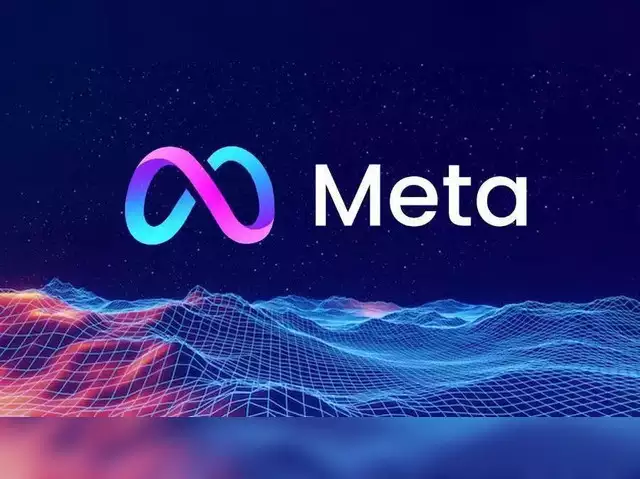Frustrated by slow progress in Meta’s AI division, CEO Mark Zuckerberg is personally spearheading a bold new project to build “superintelligence”, AI systems that exceed human capabilities. The top-secret initiative signals Meta’s most aggressive move yet in the global AI arms race, with a restructured headquarters, a handpicked team, and billions in investment on the table.
Zuckerberg Takes Control: A Personal Mission to Overtake AI Rivals
In a move reminiscent of Silicon Valley’s most transformative tech pivots, Meta CEO Mark Zuckerberg is reportedly hand-selecting a new elite team to build what he calls “superintelligence”, a level of artificial intelligence capable of outthinking humans. The Meta founder has taken a deeply personal interest in the initiative, convening top AI minds at his private residences in Lake Tahoe and Palo Alto.
Zuckerberg’s frustrations stem from the underwhelming performance of Meta’s Llama AI models, particularly Llama 4, which lag behind OpenAI’s ChatGPT and Google’s Gemini in capability and public traction. The slow pace has reportedly compelled him to bypass internal bureaucracy and take command directly.
To expedite progress, Meta’s Menlo Park headquarters has been physically restructured, walls torn down, workspaces redrawn, to house the new AI superteam near Zuckerberg’s own office. At least 50 new hires are planned and Meta is exploring a significant partnership with Scale AI, founded by Alexandr Wang, a rising star in the AI ecosystem.
FCRF x CERT-In Roll Out National Cyber Crisis Management Course to Prepare India’s Digital Defenders
Inside the Superintelligence Project: Big Bets, Big Risks
Zuckerberg’s new initiative appears to sideline parts of Meta’s existing AI operations, although it remains unclear how this new team will coexist with current researchers. Unlike OpenAI, which has taken a more closed commercial route, Zuckerberg remains committed to open-source principles through Llama, a strategy akin to Android’s open model in mobile tech.
Sources suggest the project will be funded almost entirely by Meta’s advertising empire, which continues to generate tens of billions in annual revenue. This self-sufficiency gives Zuckerberg a strategic edge, letting him avoid the investor pressure faced by newer players.
Yet building a superintelligence is no small goal. Before AI can surpass human minds, it must achieve Artificial General Intelligence (AGI)—a level of competence allowing machines to perform any intellectual task a human can. Experts remain divided: Some believe AGI is only years away, while others argue there’s no clear roadmap to such a future.
Algoritha: The Most Trusted Name in BFSI Investigations and DFIR Services
A New AI Cold War: Meta vs OpenAI, Google, Apple, and xAI
Zuckerberg’s urgency is rooted in the fierce competition shaping the future of artificial intelligence. OpenAI, with Microsoft’s deep pockets behind it, still leads with ChatGPT. Google has made headlines with Gemini, and Elon Musk’s xAI is growing rapidly with bold declarations and aggressive recruitment. Even Apple, long quiet on AI, has finally entered the fray with new product announcements this week.
Each company sees AI not as an enhancement, but a threat to their core business. Google fears search obsolescence. Apple fears apps becoming irrelevant. Meta sees generative AI as a chance to regain the innovation edge it once had in the early days of Facebook.
Zuckerberg’s open-source strategy with Llama is designed to win long-term developer trust, but it may not be enough if competitors race ahead with proprietary breakthroughs. Now, his “superintelligence” moonshot is the boldest signal yet: Meta is not backing down. Whether this gamble succeeds or ends as another overhyped tech detour could determine the future of both Meta and the AI landscape itself.
About the author – Prakriti Jha is a student at National Forensic Sciences University, Gandhinagar, currently pursuing B.Sc. LL.B (Hons.) with a keen interest in the intersection of law and data science. She is passionate about exploring how legal frameworks adapt to the evolving challenges of technology and justice.


